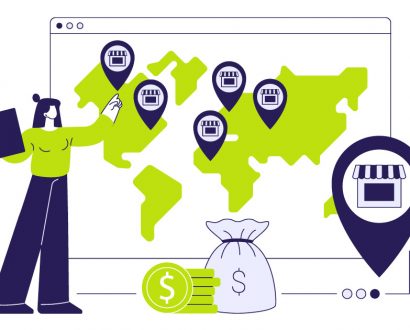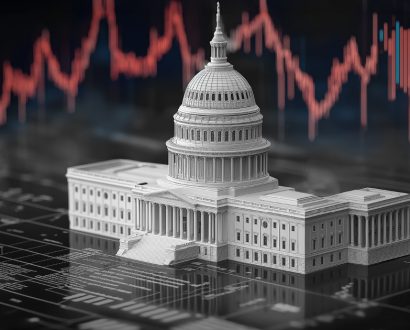In April 2016, Elon Musk had one of the most successful weeks of his life. First, he unveiled the Model 3 Tesla, the mass-market electric car pre-selling more than 325,000 units and making future sales of US$14 billion in just seven days, not to mention changing the direction of the motoring industry.
In the same week, his commercial space exploration company SpaceX launched its Falcon 9 rocket into orbit. After successfully delivering its payload to the International Space Station, Falcon 9 re-entered the Earth’s atmosphere, landed unscathed on a drone ship in the middle of the Atlantic Ocean, and brought humanity one step closer to touching down on Mars.
Later in 2016, the businessman would also announce that he intended to launch an unmanned capsule to Mars by 2018; that Tesla would design the world’s quickest all-electric car, which will travel 300 miles on a single charge; and that Tesla and his environmentally friendly power concern SolarCity would be creating house roofs made entirely out of solar panels.
It’s safe to say that the billionaire inventor is fast becoming one of the most influential people in history, and it all started for him in 1995. At the time, college student Elon asked himself what he wanted to dedicate his life’s work to. His decision was to enable the future of humanity.
He broke this dream down into three different areas: the internet, sustainable energy, and space travel. His vision was the summit of the mountain, while his three missions were the pathways he would use to get there.
Elon is a man so dedicated to his vision for humanity that his need to fulfil that vision far exceeds his need for profit.
“Maybe I read too many comics as a kid,” Elon told the author of his 2015 biography. “In comics, it always seems like they’re trying to save the world. It felt like one should try to make the world a better place because the inverse makes no sense. The only thing that makes sense to do is strive for greater collective enlightenment.”
In 1995, he co-founded internet start-up Zip2 with his brother Kimbal. Four years later, it was acquired for US$307 million, with Elon using his profit to start his second business, X.com. One year after its launch, X.com merged with Confinity to create PayPal, which in turn would go on to become one of the world’s leading payment systems.
Elon then looked to his second vision, that of humanity becoming a multiplanetary species. After several failed buying negotiations and the realisation that rockets were actually reasonably inexpensive to make, he created aerospace manufacturer SpaceX. His refusal to be constrained by the limitations of the past, meanwhile, combined with his unbreakable sense of purpose and a high tolerance for financial risk, was earning him a reputation as a thought leader.
In 2004, Elon invested in Tesla, then co-founded sustainable energy company SolarCity in 2006. At the time, Tesla looked to be a most unwise investment, something that became even more apparent in late 2008 when inflating costs, the global financial crisis, and a lack of trust from investors almost bankrupted his companies.
Tesla’s fortunes, however, were eventually turned around, and today the company is globally recognised as having changed the face of the motoring industry by designing one of the fastest, safest and most efficient four-door sedans in history — and it continues to innovate. SolarCity, meanwhile, has become the largest provider of solar panels in the US and employs more than 10,000 people, while SpaceX is NASA’s largest contractor, valued at US$12 billion.
Elon is a man so dedicated to his vision for humanity that his need to fulfil that vision far exceeds his need for profit. In business, it’s an interesting paradox that those who don’t hold money as their primary motivation can, ironically, become the wealthiest, often while adding the most value to the world.
Elon has forced the world to rethink space, motoring, energy production, and the future of humanity, and he’s only 45. He’s a prime example of someone unconstrained by yesterday’s thinking and the monopolisation of a market by greed-driven conglomerates. His dream for humanity gives him and the people around him such a sense of purpose that they set out to do the impossible, and time and time again they achieve it.
Elon is truly pushing civilisation forward and, in doing so, is prompting humanity to reimagine what it is capable of. Through Elon’s accomplishments, the potential of human endeavour has become far greater than it ever has.







